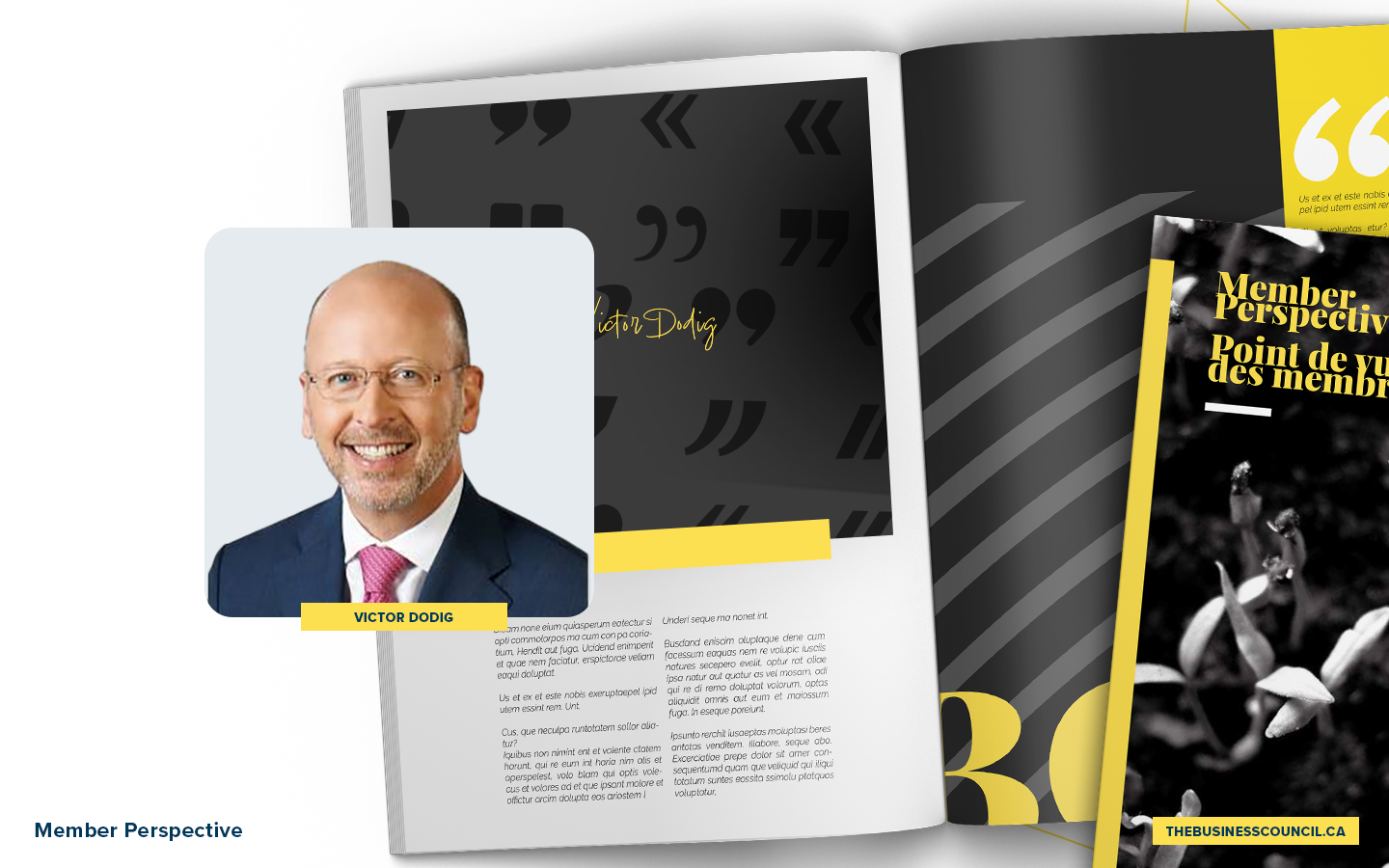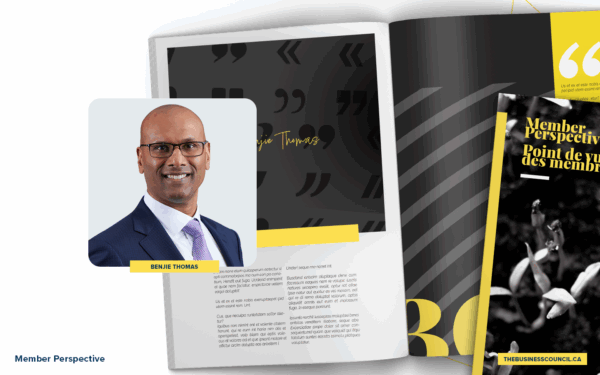Engaging and investing for a more equitable future
As published on LinkedIn
This month, we recognize Black History Month across our communities and across our bank. It’s an opportunity to reflect on our progress towards building a more inclusive and equitable society, while acknowledging that there is much more to do. In looking forward to 2022 and beyond, two factors that will be critical to driving progress are engagement and investment.
In my role at CIBC, both as CEO and as Chair of our bank’s Inclusion and Diversity Leadership Council, I have the opportunity to engage with many clients and team members – learning from their lived experiences and unique perspectives. I also have the privilege of serving as a co-Chair of the BlackNorth Initiative (BNI), an organization committed to ending anti-Black systemic racism. These roles have given me the chance to ask questions, reflect and learn. I have seen an openness and growing commitment to removing barriers and building more inclusive teams, companies and society as a whole.
However, engagement alone is not enough. To move the dial requires investment across the board.
The role of organizations like ours is changing. It’s no longer enough to have policies that address inclusion within your own walls. Investing to address the inequities and anti-Black systemic barriers that exist is essential to creating access to opportunities where ambitions are attainable for all.
For CIBC, this means taking pointed action to make banking more inclusive and meet the diverse needs of our clients. A recent example of this is the CIBC Black Entrepreneur Program, which includes a $15 million loan program, and a $2 million donation to the Black Opportunity Fund to provide entrepreneurs from the Black community with grants to help grow their businesses. Another example is the Youth Accelerator which the BNI launched in partnership with CIBC just last year. This program is aimed at removing barriers to education and employment for the next generations of leaders from the Black community.
In addition, practicing equitable talent management is integral to inclusion and we remain on track to meet our goal of having leaders from the Black community hold 4% of board-approved executive roles by 2023. Additionally, our bank recruited 8% of our student hires from the Black community, exceeding our goal in 2021.
At the outset of Black History Month, let’s commit to building on the work that we’ve started together, and nurture the investments being made in a future where everyone’s ambitions are attainable.









